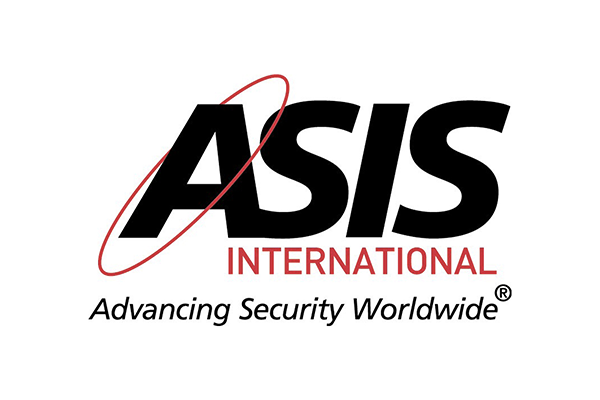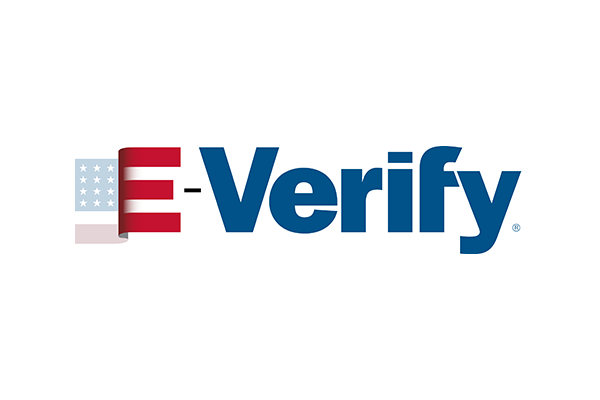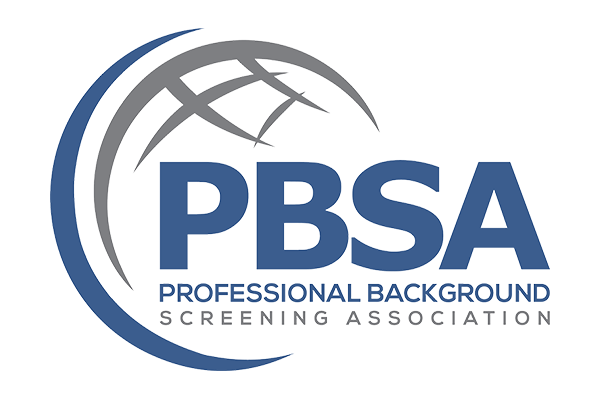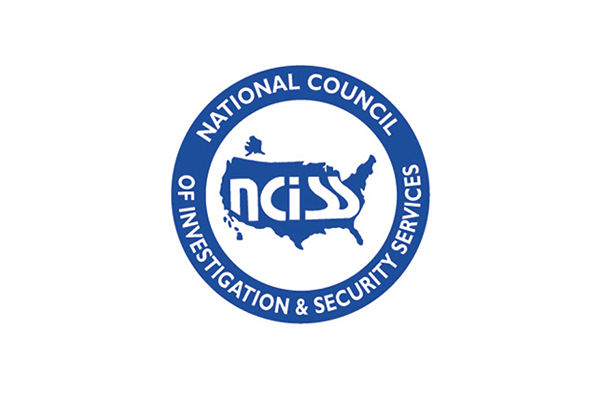Social media has become an integral part of our lives in today's digital age. It has also become a valuable tool for employers to assess potential candidates. Social media screening for employment involves analyzing a candidate's social media activity to determine their character, personality, and suitability for a particular role. But is it ethical?
This blog discusses the ethical and necessary aspects of social media screening and emphasizes the importance of compliance with employment laws and using a reputable provider like CIC.
The Necessity of Social Media Screening
Social media screening is necessary for employers to hire the right candidate. Social media can provide valuable insights into a candidate's character and personality, which can help determine their suitability for a particular role.
Social media also provides a window into the candidate's professional network and online reputation, which can help protect a company's reputation and assets.
Factors and Red Flags to Consider with Social Media Screening
Employers may consider various factors and red flags when screening a job candidate's social media profiles. Here are some examples:
- Inappropriate behavior: Employers may look for any conduct that could be deemed inappropriate, including offensive language, discriminatory comments, drug or alcohol use, or sexually explicit content.
- Poor communication skills: Employers may assess a candidate's communication skills based on their social media activity, including spelling and grammar mistakes, excessive use of abbreviations or slang, or frequent use of emoticons.
- Negative comments about previous employers: Negative comments or complaints about a previous employer or coworkers could raise red flags for potential employers, indicating a lack of professionalism and potentially affecting their fit for the company culture.
- Poor judgment: Any social media posts or activities that suggest a candidate has poor judgment or decision-making skills could concern employers. This could include posts about criminal activities, illegal drug use, or other risky behavior.
- False information: Employers may verify information candidates provide on their resumes or during interviews. Any discrepancies found could raise red flags and disqualify the candidate from consideration.
It's important to note that employers should only consider information relevant to the job and avoid discriminatory practices. They must also inform candidates of the screening process and obtain their consent.
Employers can make informed hiring decisions by using a reputable provider like CIC and ensuring compliance with employment laws while protecting candidates' privacy and avoiding bias.
The Ethical Considerations of Social Media Screening
Social media screening has become an increasingly popular tool for employers to gain insight into potential candidates. However, it is essential to consider the ethical implications of such a practice and ensure that employers are aware of privacy, discrimination, and transparency concerns.
Privacy Concerns
Privacy concerns are the primary ethical consideration of gathering social media intelligence. Employers must respect the candidate's privacy and only use relevant information.
Discrimination Concerns
Discrimination issues can also arise from screening social profiles, as employers may gain access to personal information that could lead to bias or discrimination.
Transparency Concerns
Transparency and fairness are critical ethical considerations, and employers must inform candidates of the screening process and the criteria used to evaluate their social media presence.
Compliance with Employment Laws
Employment laws related to social media vary by jurisdiction, and employers must comply with these laws to avoid legal repercussions.
Employers must inform candidates of the screening process and obtain their consent. They must also only use information relevant to the job and avoid discriminatory practices.
Failure to comply with employment laws can lead to legal action and damage a company's reputation.
Using a Reputable Employment Screening Provider like CIC
CIC provides employers with social media screening services as part of our comprehensive employment screening solutions.
CIC's services include:
- Customized screening criteria.
- Manual review of social media profiles.
- Reporting of relevant information to employers.
CIC provides social media screening services that use AI and FCRA-trained human analysts to focus on problematic online behavior.
CIC partners with the only social media CRA reviewed by the Federal Trade Commission (FTC) and our product is scored as reliable. With Protected Class Safety™, employers never worry about biased or discriminatory hiring practices again. This feature redacts any information about the candidate's protected class in the final hiring report.
With CIC's social media reports, employers can ensure compliance with employment laws and protect the candidate's privacy.
By using CIC's reputable and comprehensive screening services, employers can make informed hiring decisions while ensuring fairness, transparency, and protection of the candidate's privacy.
If you're an employer looking to hire the right candidate, consider using CIC's social media screening services.
With CIC, you can ensure compliance with employment laws and protect the candidate's privacy while gaining valuable insights into their character and suitability for the job. Contact CIC today to learn more.
FAQ
Q: Can social media activity be the sole basis for rejecting a job candidate?
A: No. Social media screening should only be part of a comprehensive background check process and should not be the sole basis for rejecting a candidate. Employers must consider only information relevant to the job and avoid discriminatory practices.
Q: What information can employers consider when screening a job candidate's social media profiles?
A: Employers should consider only information relevant to the job and avoid discriminatory practices. Red flags may include inappropriate behavior, poor communication skills, negative comments about previous employers, poor judgment, and false information.
Q: How can employers ensure they comply with employment laws when screening a job candidate's social media profiles?
A: Employers must inform candidates of the screening process and obtain their consent. They must also comply with employment laws and avoid discriminatory practices. One way to ensure compliance is to use a reputable provider like CIC, which uses AI and FCRA-trained human analysts to focus on problematic online behavior.
Q: Should employers screen social media profiles themselves?
A: Social media screening can carry risks for employers, such as compliance issues, potential bias, and privacy concerns. Therefore, employers should use a reliable provider to help them make informed hiring decisions and protect their candidates' privacy while avoiding discrimination.
Q: How can employers avoid bias in the screening process?
A: Employers can implement Protected Class Safety™, which redacts any information about candidates' protected class in the final hiring report. They can also use a reputable provider like CIC, which uses AI and FCRA-trained human analysts to avoid bias and ensure compliance with employment laws.
Q: How can I get started with social media reports?
A: Contact CIC at 419-874-2201 to get started.







